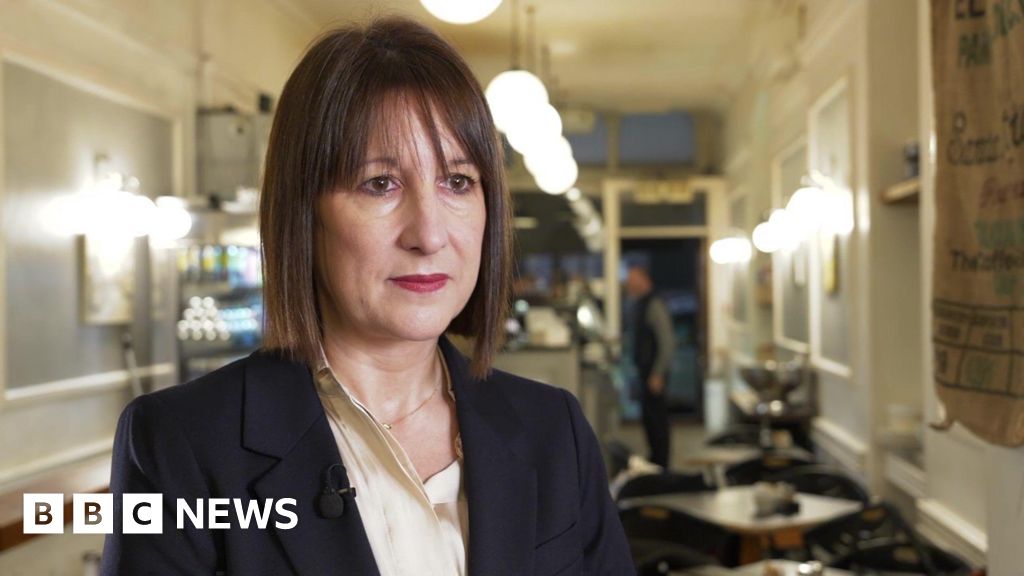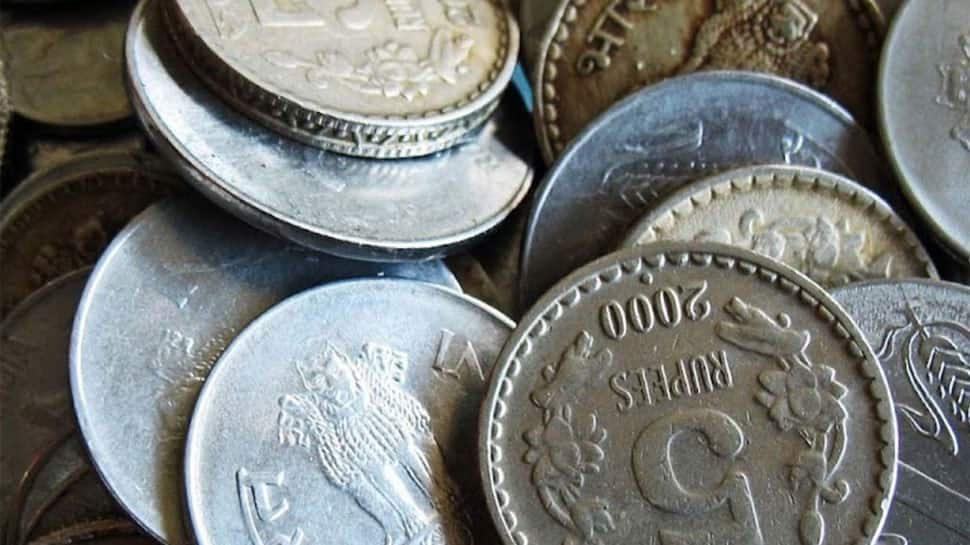LAHORE:
Pakistan secured a badly-needed $3 billion short-term financial package from the International Monetary Fund on Friday, giving the economy a much-awaited respite as it teeters on the brink of default.
The IMF said it had reached an agreement on the deal with the 220 million nation, which will now be subject to approval by its board in July. The new nine-month standby arrangement was struck hours before a current IMF agreement expires, offering a relief to the country’s acute balance of payments crisis.
Prime Minister Shehbaz Sharif said it would put Pakistan “on the path of sustainable economic growth”. With sky-high inflation and foreign exchange reserves barely enough for a month of imports, analysts say the economic crisis could have spiralled into a debt default in the absence of the bailout.
It was reached only after the prime minister held marathon meetings with IMF head Kristalina Georgieva on June 22, which he termed “a turning point”.
The new deal will disburse an upfront amount of $1.1 billion shortly after the IMF board’s meeting in July, Finance Minister Ishaq Dar said and added Pakistan aimed to boost the State Bank of Pakistan’s foreign exchange reserves up to $15 billion by July end. “We have stopped the decline, now we have to turn to growth.”
Pakistan’s sovereign dollar bonds were trading higher after the announcement, with the 2024 issue enjoying the biggest gains, up more than 8 cents at just above 70 cents in the dollar, according to Tradeweb data. The gains were most pronounced in shorter-dated bonds, reflecting lingering scepticism over the longer-term fiscal outlook for the country.
The $3 billion short-term IMF funding is higher than expected as it looks set to replace the remaining $2.5 billion from a $6.5 billion Extended Fund Facility agreed in 2019. “This new programme is far better than our expectations,” said Mohammed Sohail of Topline Securities in Karachi, adding it would “definitely help restore some investor confidence”.
The deal will also unlock other bilateral and multilateral financing. Long-time allies Saudi Arabia, the UAE and China have already pledged or rolled over billions of dollars in loans.
“This will support near-term policy efforts and replenish gross reserves,” the IMF said.
The new arrangement builds on the 2019 programme, IMF official Nathan Porter said in a statement, adding that Pakistan’s economy had faced several challenges in recent times, including devastating floods and rising commodity prices.
“Despite the authorities’ efforts to reduce imports and the trade deficit, reserves have declined to very low levels. Liquidity conditions in the power sector also remain acute,” Porter said.
“Given these challenges, the new arrangement would provide a policy anchor and a framework for financial support from multilateral and bilateral partners in the period ahead.”
Porter also pointed out the power sector’s buildup of arrears and frequent power outages. Reforms in the energy sector, which has accumulated nearly Rs3.6 trillion ($12.58 billion) in debt, has been a cornerstone of the IMF talks.
Reuters














































